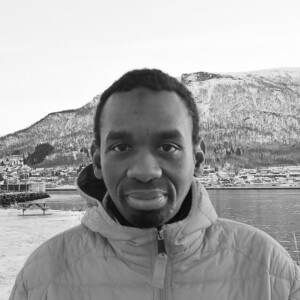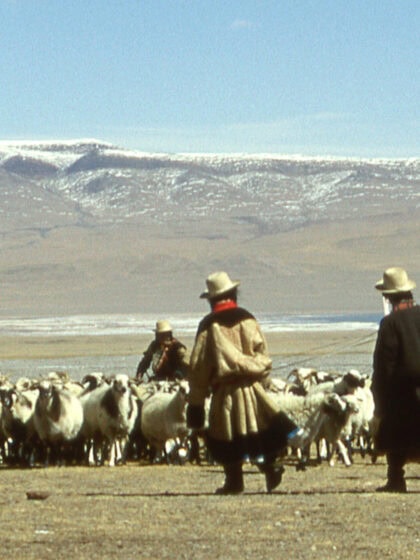
Hamidou
- Researcher

Phonenumber: +4793949586
E-mail: hamidou@niku.no
-
Department:
- High North
Hamidou Hamidou is a visual anthropologist with a PhD from the University of Maroua (Cameroon) and a Master’s degree in Visual Anthropology from the University of Tromsø (Norway). His research focuses on the socio-cultural and environmental dynamics of pastoral and nomadic communities in West and Central Africa, emphasizing resilience, identity, and adaptation in the face of ecological and socio-political challenges.
Hamidou’s work in Kalfou, Far North Cameroon, explores the complex interplay between climate change, resource scarcity, and community resilience. Through immersive fieldwork, he has documented how Fulani semi-nomads and other ethnic groups navigate the challenges of prolonged drought, diminishing pastures, and water shortages. His research highlights how communities negotiate environmental hardships, adapt traditional practices, and maintain social cohesion despite increasing pressures from wildlife conflicts, banditry, and cross-border migration.
Building on this foundation, Hamidou’s doctoral research examined the case of Mbororo Pitti refugees who fled violence in the Central African Republic. Forced to abandon their traditional pastoral lifestyle, these refugees faced challenges of integration, identity reconfiguration, and socio-economic adaptation in Cameroon. Hamidou’s work reveals the resilience of displaced communities as they confront the dual pressures of modernity and forced sedentarization, adopting new livelihoods such as agriculture and engaging with education while navigating the cultural and economic tensions of these changes.
Hamidou is currently working as a postdoctoral researcher on the project “Complexity,” where he is investigating the transition from pastoralism to milk ranching in the Adamawa region of Cameroon. His research focuses on cultural and economic sustainability, examining how pastoral communities adapt to evolving socio-environmental landscapes while striving to preserve their traditions, livelihoods, and sense of identity.


